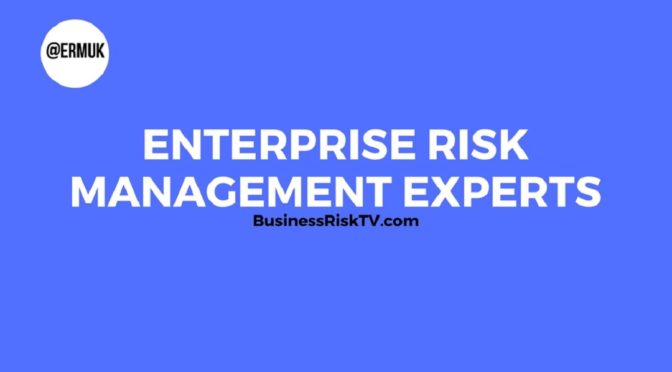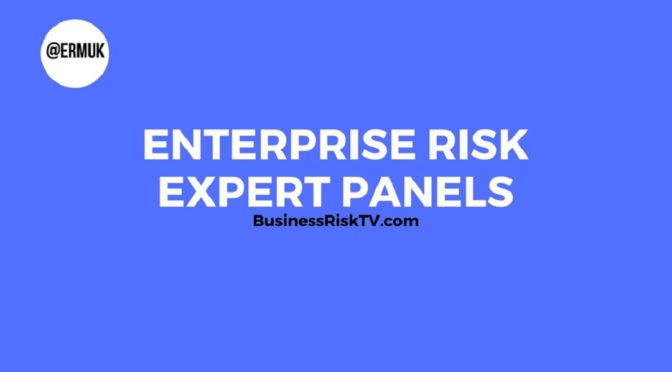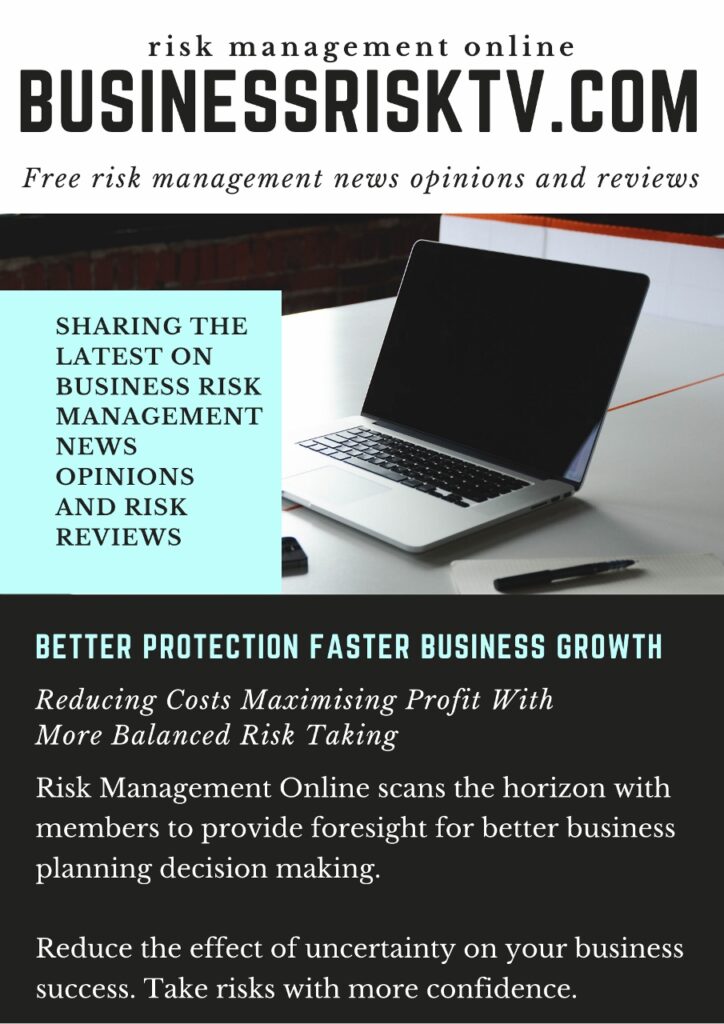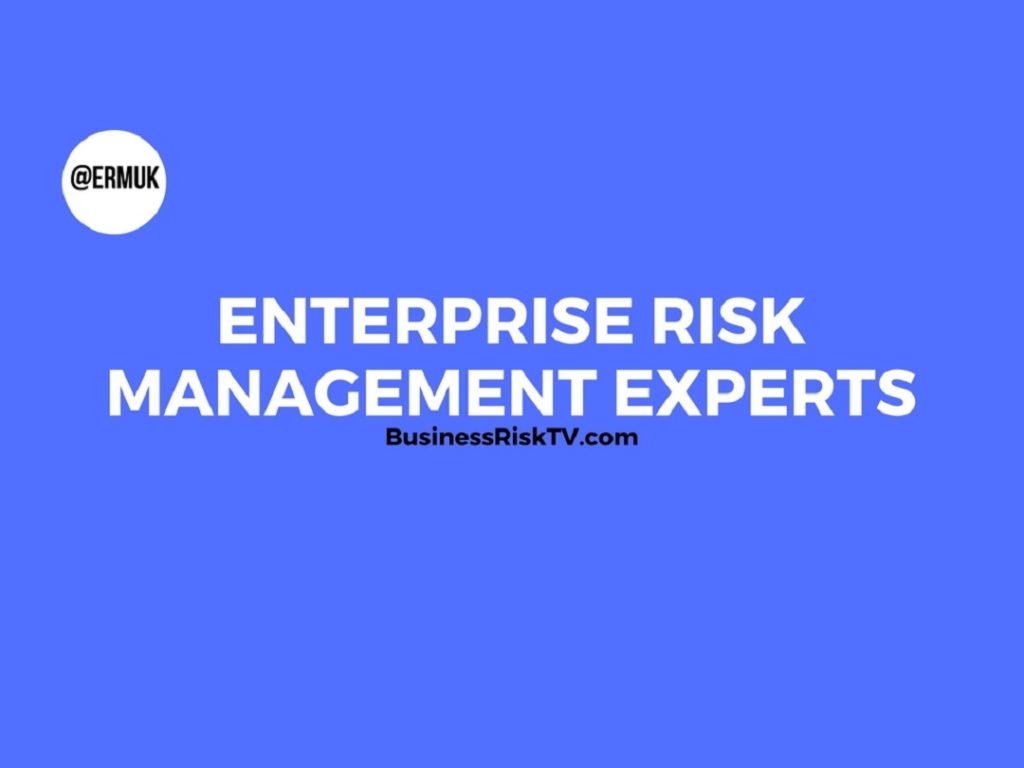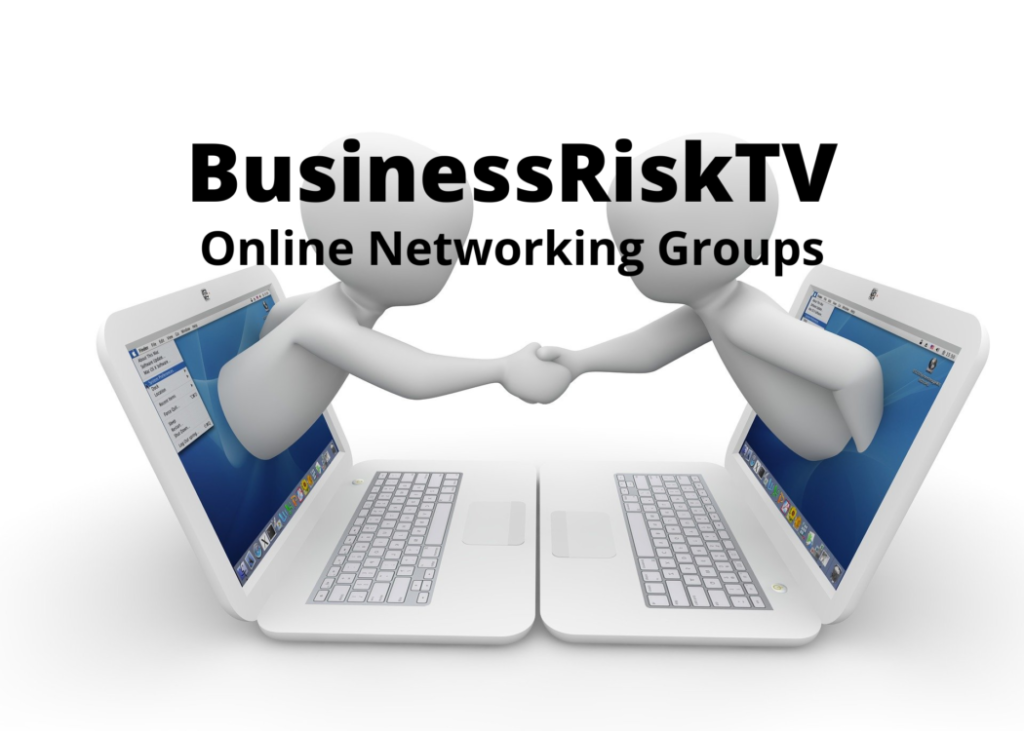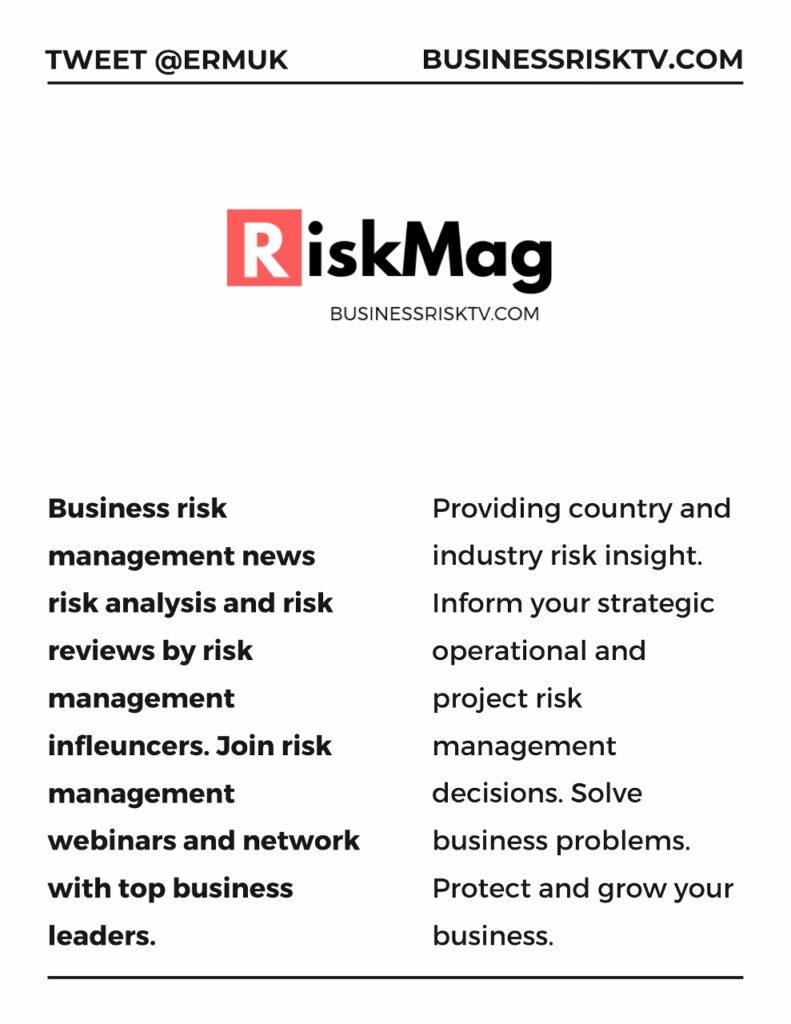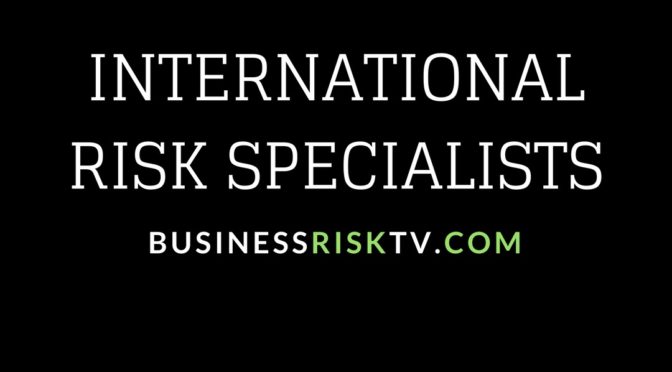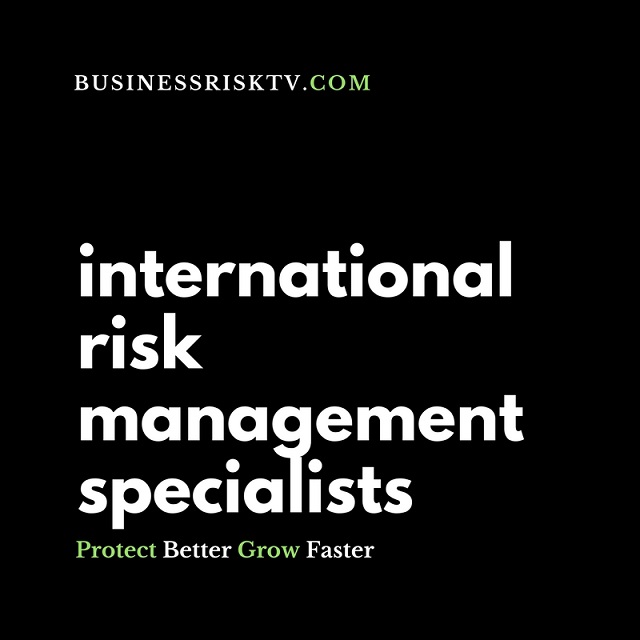Calculated Risk Taking In Business In 2023
As a risk management expert, I can confidently say that taking calculated risks in business is essential for survival and success in the year 2023 and beyond. In today’s fast-paced and constantly evolving business landscape, it is imperative that companies stay ahead of the curve and adapt to new challenges and opportunities as they arise. This often requires taking calculated risks, or carefully considered and planned actions that have the potential to bring about significant rewards.
There are several reasons why taking calculated risks in business is important for survival and success in 2023.
First and foremost, calculated risks can lead to innovation and growth. In a world where competition is fierce and the pace of change is rapid, businesses that are able to think outside the box and take calculated risks are often the ones that are able to stay ahead of the game. By embracing new ideas and approaches, and taking calculated risks to bring them to fruition, businesses can drive innovation and open up new growth opportunities.
Calculated risks can also help businesses stay relevant and competitive in their industry. In today’s rapidly changing market, it is essential that businesses stay up-to-date with the latest trends and technologies, and be willing to adapt and pivot as needed. By taking calculated risks and embracing change, businesses can stay ahead of the competition and maintain their relevance in the market.
Another reason why taking calculated risks is important for survival and success in business is that it can help companies overcome challenges and setbacks. While it is always important to minimize risk as much as possible, it is inevitable that businesses will face challenges and setbacks along the way. By taking calculated risks and being proactive in addressing these challenges, businesses can find creative solutions and bounce back from difficult situations.
Finally, taking calculated risks can help businesses achieve long-term success. While it is important to carefully consider the potential risks and rewards of any action, it is also important to take a long-term perspective and be willing to take calculated risks in order to achieve larger goals and aspirations. By taking calculated risks, businesses can create new opportunities for growth and success that would not have been possible otherwise.
In summary, taking calculated risks in business is essential for survival and success in 2023 and beyond. By embracing innovation and change, staying competitive and relevant, overcoming challenges and setbacks, and taking a long-term perspective, businesses can thrive by taking calculated risks and embracing new opportunities as they arise.
Top 10 business risks to manage in 2023:
- Cybersecurity risks: With the increasing reliance on technology and the internet in business, it is essential to protect against cyber attacks and data breaches. This includes investing in robust cybersecurity measures and regularly training employees on how to identify and prevent cyber threats.
- Economic risks: Economic instability and recession can have significant impacts on businesses, including reduced demand for products and services, supply chain disruptions, and financial difficulties. It is important for businesses to regularly assess and monitor economic conditions and have contingency plans in place to mitigate potential risks.
- Regulatory risks: Changes in laws and regulations can have major impacts on businesses, including increased costs and compliance requirements. It is important for businesses to stay up-to-date on changes in regulations and ensure that they are in compliance to avoid potential penalties and fines.
- Reputation risks: A company’s reputation is a valuable asset that can be easily damaged by negative events or negative perceptions. It is important for businesses to actively manage their reputation and address any issues or concerns promptly to prevent reputational damage.
- Market risks: Changes in consumer preferences, competition, and market conditions can all pose risks to businesses. It is important to regularly assess and monitor market conditions and adapt strategies as needed to stay competitive and respond to changing conditions.
- Financial risks: Financial risks can include things like unexpected expenses, cash flow issues, or difficulty securing funding. It is important for businesses to have strong financial management practices in place and to regularly assess and monitor their financial health to mitigate potential financial risks.
- Talent risks: Attracting and retaining top talent is essential for business success. Talent risks can include difficulty finding qualified candidates, high employee turnover, or inadequate training and development. It is important for businesses to have strategies in place to attract and retain top talent, and to provide ongoing support and development for employees.
- Supply chain risks: Disruptions in the supply chain can have major impacts on businesses, including delays, increased costs, and reduced quality. It is important for businesses to have contingency plans in place and to regularly assess and monitor their supply chain to mitigate potential risks.
- Natural disasters: Natural disasters such as hurricanes, earthquakes, and wildfires can disrupt business operations and cause significant damage. It is important for businesses to have contingency plans in place and to regularly assess and update their disaster preparedness plans.
- Political risks: Political instability or changes in government policies can have major impacts on businesses, including changes in regulations and trade agreements. It is important for businesses to stay up-to-date on political developments and have contingency plans in place to mitigate potential risks.
| Risk Category | Risk Description |
|---|---|
| Cybersecurity risks | Protecting against cyber attacks and data breaches |
| Economic risks | Economic instability and recession |
| Regulatory risks | Changes in laws and regulations |
| Reputation risks | Managing and protecting company reputation |
| Market risks | Changes in consumer preferences, competition, and market conditions |
| Financial risks | Unexpected expenses, cash flow issues, and difficulty securing funding |
| Talent risks | Attracting and retaining top talent |
| Supply chain risks | Disruptions in the supply chain |
| Natural disasters | Natural disasters such as hurricanes, earthquakes, and wildfires |
| Political risks | Political instability or changes in government policies |
Example of business risk management action plan for leaders for each 2023 business risk in table
Here is a business risk management action plan for leaders for each risk in the table above:
- Cybersecurity risks:
- Implement robust cybersecurity measures such as firewalls, antivirus software, and secure passwords
- Regularly train employees on how to identify and prevent cyber threats
- Develop a cybersecurity incident response plan
- Economic risks:
- Monitor economic conditions and trends regularly
- Develop contingency plans to mitigate potential impacts of economic instability or recession
- Consider diversifying business operations and sources of revenue
- Regulatory risks:
- Stay up-to-date on changes in laws and regulations that may impact the business
- Ensure compliance with all relevant regulations
- Develop contingency plans for potential changes in regulations
- Reputation risks:
- Monitor and manage company reputation through proactive communication and addressing any issues or concerns promptly
- Implement a crisis management plan to address potential reputational risks
- Foster a positive corporate culture and values
- Market risks:
- Monitor market conditions and trends regularly
- Conduct market research to understand consumer preferences and competition
- Develop strategies to adapt to changing market conditions
- Financial risks:
- Implement strong financial management practices, including budgeting, forecasting, and risk assessment
- Monitor financial health regularly and take proactive measures to address potential financial risks
- Develop contingency plans for unexpected expenses or cash flow issues
- Talent risks:
- Develop strategies to attract and retain top talent, including competitive compensation and benefits packages and ongoing training and development
- Foster a positive company culture and work environment to reduce employee turnover
- Implement a talent management plan to identify and address any talent risks
- Supply chain risks:
- Monitor and assess supply chain risks regularly
- Develop contingency plans to mitigate potential supply chain disruptions
- Consider diversifying sources of supplies and vendors
- Natural disasters:
- Develop a disaster preparedness plan and regularly assess and update it as needed
- Implement measures to protect against potential damage from natural disasters, such as backup power sources and securing important documents and equipment
- Train employees on disaster response protocols
- Political risks:
- Monitor political developments and changes in government policies that may impact the business
- Develop contingency plans to mitigate potential political risks
- Consider diversifying business operations and sources of revenue to mitigate potential impacts of political instability.
Why business leaders need to create their own business risk management action plan to manage these key business risks facing their business in 2023
Business leaders are faced with a multitude of risks in today’s rapidly changing business landscape, and it is essential that they have a plan in place to manage these risks effectively. A business risk management action plan is a strategic approach to identifying, assessing, and mitigating potential risks that may impact the business.
Creating a business risk management action plan is important for several reasons. First and foremost, it helps leaders anticipate and prepare for potential risks that may arise. By identifying and assessing potential risks, leaders can develop strategies to mitigate or eliminate these risks before they become a problem. This proactive approach can help prevent significant disruptions to business operations and protect the long-term viability of the company.
A business risk management action plan also helps leaders prioritise their risk management efforts and allocate resources accordingly. By understanding the potential impacts and likelihood of different risks, leaders can prioritize their efforts and allocate resources to the areas that will have the greatest impact on the business.
Another reason why business leaders need to create a business risk management action plan is that it helps to build resilience and adaptability within the organisation. By regularly reviewing and updating the action plan, leaders can ensure that the business is continuously adapting to changing circumstances and able to weather any potential storms that may arise.
Finally, a business risk management action plan helps to promote transparency and accountability within the organisation. By clearly outlining the steps that will be taken to mitigate risks, leaders can foster a culture of transparency and accountability, which is essential for building trust with stakeholders and customers.
In conclusion, business leaders need to create a business risk management action plan to effectively manage the key business risks facing their business in 2023 and beyond. This strategic approach helps to anticipate and prepare for potential risks, prioritize risk management efforts, build resilience and adaptability, and promote transparency and accountability within the organization. By taking a proactive and structured approach to risk management, business leaders can protect the long-term viability of their company and ensure its success in an uncertain and rapidly changing business landscape.
Who should be preparing a risk management action plan to manage business risks in 2023?
A risk management action plan should be prepared by business leaders and key decision-makers within the organisation. This typically includes the CEO, CFO, and other top executives who have the authority and responsibility to implement risk management strategies. In some cases, the board of directors may also be involved in the development and implementation of the risk management action plan.
In addition to senior leadership, it is also important for other key stakeholders within the organisation to be involved in the risk management process. This may include department heads, team leaders, and individual employees who have relevant knowledge and expertise. Engaging a diverse group of stakeholders in the risk management process can help to identify a wider range of potential risks and ensure that the risk management action plan is comprehensive and effective.
It is also important to involve external advisors and experts, such as risk management consultants or legal experts, in the development of the risk management action plan. These individuals can provide valuable insights and guidance on industry-specific risks and best practices for risk management.
Overall, the development of a risk management action plan should involve a collaborative effort across the organization, with input and involvement from senior leadership, key stakeholders, and external advisors. By bringing together a diverse group of individuals, businesses can create a comprehensive and effective risk management action plan that helps to mitigate potential risks and protect the long-term viability of the company.
How can you get help to prepare your business risk management plan and implement a more effective risk management strategy to boost your business resilience and performance?
Our network of enterprise risk management experts can help you. Email editor@businessrisktv.com for more information.
Subscribe to BusinessRiskTV for free
- Click on subscribe button to subscribe for free via your preferred social media App; or subscribe for free to our business risk management newsletter by emailing editor@businessrisktv.com
More business risk management articles videos and deals
Business Risk Management Planning For 2023









